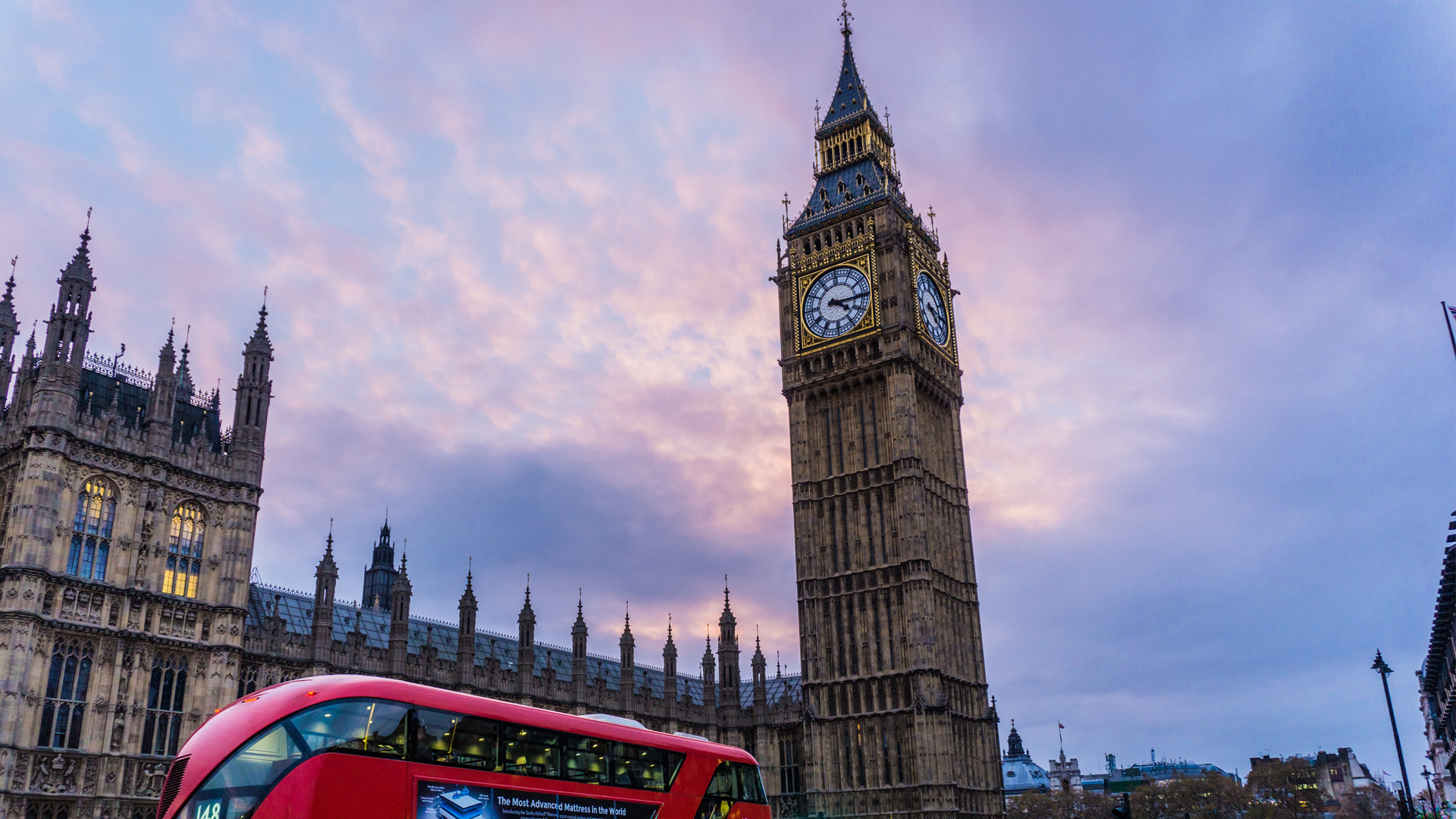As bankers’ bonuses increase and government action stalls, a new cost-of-living documentary has highlighted the urgency of our country’s wealth gap.
The same day that Channel 4 released its new cost-of-living documentary, a cap on bankers’ bonuses was scrapped in the UK.
The irony hasn’t been lost on many, as the reality of many Britons’ living situations – some living on just £1 a day – ignited outcry on social media and demands for another referendum.
The inevitable rise in bankers’ wealth isn’t the only blood-boiling irony, though. While Channel 4 shared the documentary to shed light on the severity of Britain’s poverty levels, the media broadcaster has done little to improve the situation itself – despite have the financial and social power to do so.
Earlier this year, the broadcaster’s annual report exposed bosses for declining staff pay rises, despite the impacts a cost-of-living crisis was having on employees.
At the time, Channel 4’s chief operating officer Jonathan Allan said the decision was down to ‘fairly extreme economic conditions’, adding that, like many other businesses, they had ‘unfortunately had to pull a few levers’.
Yet while the annual report showed revenue was down 2% in 2022, a record amount had been spent on content, at £713 million.
Of course, Channel 4 isn’t the only company making cuts in the face of an uncertain financial future. But its decision to shed light on the dire living situations of everyday Britons points to an issue at the heart of the cost-of-living crisis.
Ultimately, a disparity between the country’s poorest and the systems, cooperations, and figureheads at the top is only growing. Disillusionment from the public ensures this gulf gets deeper and more insidious with each passing day.
Notably, since the Channel 4 documentary went live this week, pressure has mounted on the UK government to call another referendum.
A tweet promoting the programme quickly amassed a barrage of responses, with X/Twitter users expressing disappointment and frustration at Channel 4’s failure to align its actions with its purported commitment to addressing economic disparities.
Comments ranged from calls for a boycott of the channel to demands for transparency regarding the network’s own wage policies.




















